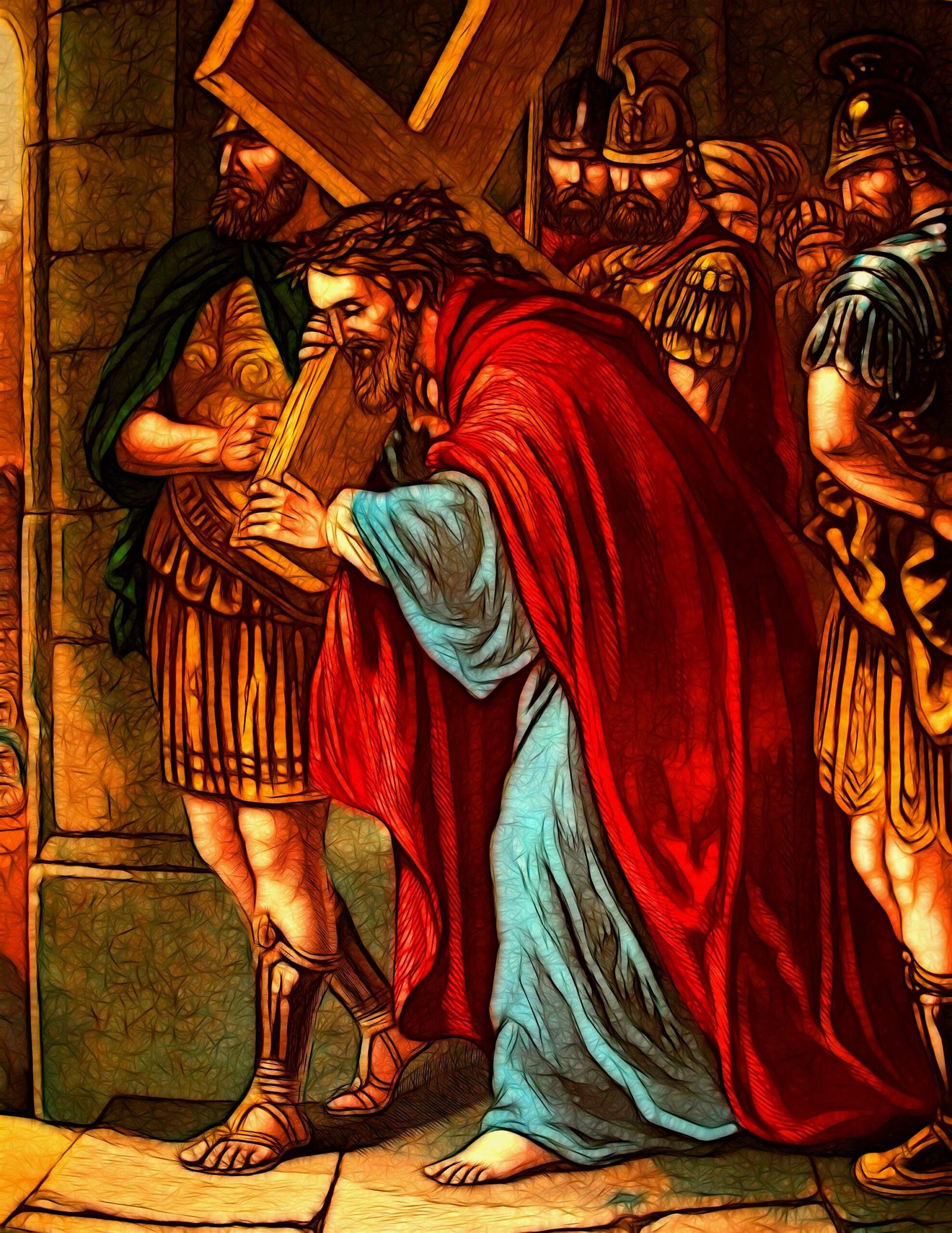Trump’s Religious Liberty Commission Meets for the First Time
During his second term, President Trump proclaimed that “religion is coming back to America” and has established a Religious Liberty Commission as part of his administration’s renewed focus on faith. This commission follows the earlier launch of the White House Faith Office in February, which succeeded a previous faith-based initiative from the prior administration.
What Is the Commission?
The commission consists of up to 14 members chosen by the president and is charged with advising the government on matters of religious liberty. According to the executive order, the commission, along with its members’ terms, is set to conclude on July 4, 2026—America’s 250th anniversary—unless it is extended. While members do not receive salaries for their service, they are eligible for travel expense reimbursements.
In addition to the main group, the commission is supported by three advisory boards made up of religious figures, legal scholars, and lay leaders.
Who Is Involved?
The commission brings together a number of prominent figures, including:
- Texas Lt. Gov. Dan Patrick, designated as chair, known for his previous promotion of unverified claims regarding the 2020 election.
- Dr. Ben Carson, who served as the Secretary of Housing and Urban Development during Trump’s first administration, and now holds the position of vice chair.
- Other longtime Trump allies such as Rev. Franklin Graham and Pastor Paula White, the latter of whom leads the White House Faith Office.
- Cardinal Timothy Dolan, New York’s archbishop, and Carrie Prejean Boller, a public figure known for her views on marriage.
The advisory boards expand the commission’s reach with representation from several faith traditions and professional backgrounds. For example, the religious advisory board features members from various movements including Catholic, evangelical, and Orthodox Christian circles as well as figures from the Jewish community such as:
- A Greek Orthodox archbishop who has publicly signified his support with symbolic gestures.
- A prominent pastor with experience leading one of the nation’s large Baptist congregations.
- A rabbi known for critiquing progressive trends and emphasizing traditional values.
Legal experts and lay leaders, including voices from anti-abortion advocacy and community activism, round out the panels, aiming to offer perspectives from both the legal and citizen sides.
What Will the Commission Do?
The group is tasked with protecting and advancing the nation’s founding principle of religious freedom. Its mandate, as outlined in the executive order, is to help citizens reconnect with America’s legacy of religious liberty to safeguard it from emerging challenges. Over the coming year, the commission will hold multiple hearings and is expected to publish a comprehensive report by July 4, 2026. This report will explore topics such as parental rights in religious education, school choice, conscience protections for individuals and institutions, defenses of houses of worship, and the free speech rights of religious groups.
Understanding the ‘Anti-Christian Bias’ Claim
A White House fact sheet contends that the Biden administration has been selectively targeting peaceful Christians while neglecting actions deemed violent and anti-Christian. For instance, it pointed to a recent pardon of nearly two dozen anti-abortion activists—some of whom have been charged with behavior that interfered with access to reproductive health services—as an example of perceived preferential treatment. Critics note that these actions involve serious legal violations intended to protect access to healthcare services, raising concerns about consistency in law enforcement.
Concerns Raised by Experts
Critics worry that the commission’s composition and focus may reflect deeply conservative views that favor certain religious and political ideologies. Law professor and Berkeley Law dean Erwin Chemerinsky has characterized the body as “an extremely conservative group” aiming to use government power to advance a particular strand of Christianity, a shift he finds very troubling. Other legal scholars are watching closely, noting that while the commission is officially charged with protecting religious liberty for everyone, its membership may not represent a broad spectrum of beliefs. Some remain cautiously optimistic, hoping that the commission will ultimately uphold protections for all religious communities.

Rockin’ the faith, one verse at a time!
Growing up, the Bible’s stories deeply impacted me. Now, with over 15 years of preaching experience, I blend timeless teachings with modern technology, making them relevant for today’s world.
Bible Hub Verse is my platform to share historical insights and thought-provoking articles, exploring both familiar and uncommon Christian topics. My passion is building a welcoming online space for everyone to learn, grow in their faith, and discover the Bible’s enduring message.
Join the journey!
God bless you.







